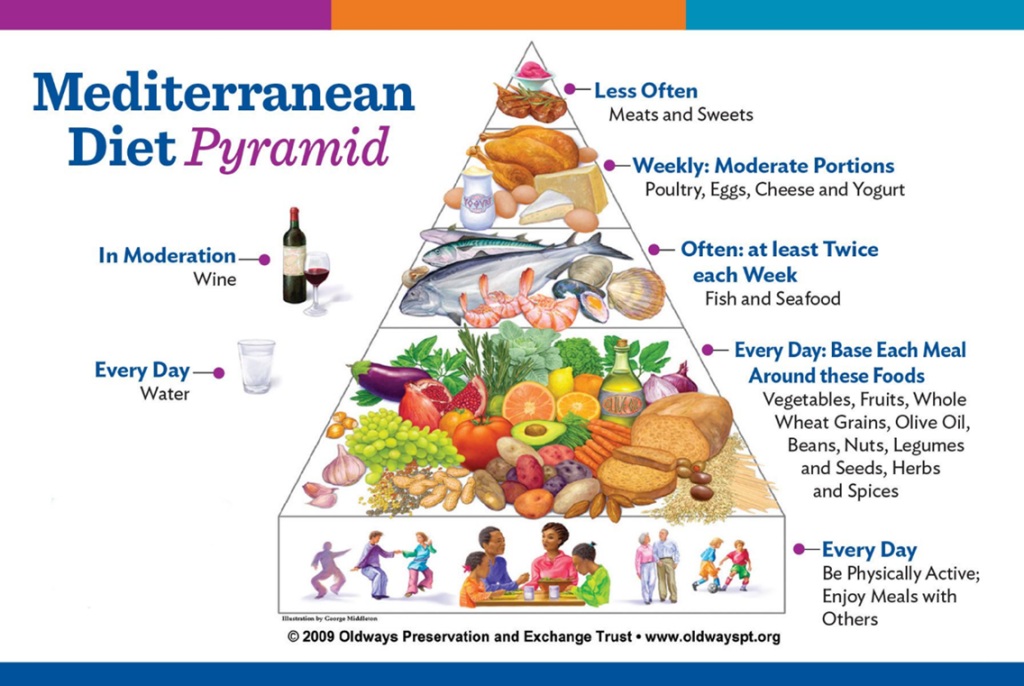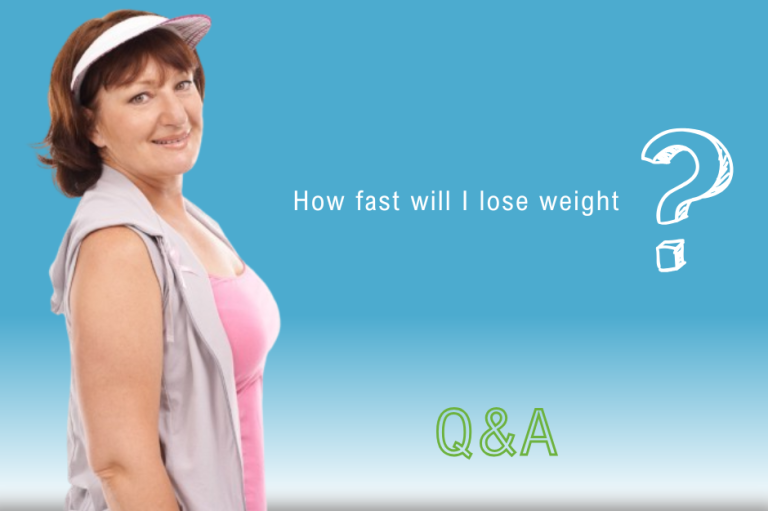What You Need to Know
Inflammation is your body’s natural way of protecting itself. It kicks in when you’re injured, have an infection (like from bacteria or viruses), or even from something small like a bee sting. Your immune system sends out special cells and chemicals to fight the problem and start healing.
Acute inflammation is short-term — think of a paper cut or a bee sting that clears up in a day or two.
Chronic inflammation, on the other hand, is long-term and harmful. Over time, it can damage healthy tissues and organs, playing a role in heart disease, diabetes, certain cancers, Alzheimer’s, and autoimmune conditions like rheumatoid arthritis.
The tricky part? Many of us live with low-grade inflammation without even realising it. Things like obesity, smoking, too much alcohol, inactivity, pollution, and stress can all fuel inflammation.

Good news: You can take steps to reduce it!
3 Simple Steps to Reduce Inflammation
Maintain a healthy weight: Extra fat tissue acts like an organ that produces substances which trigger inflammation.
Avoid overeating: Bingeing or eating in excess creates free radicals (unstable molecules) that cause oxidative stress and inflammation.
Choose anti-inflammatory foods: Some foods cause inflammation (pro-inflammatory), while others help calm it down.
Foods That Fuel Inflammation
- Fatty and processed meats (salami, viennas, deli meats)
- Animal fat and butter
- Deep-fried foods
- Foods high in trans fats (long shelf-life baked goods)
- White bread, pizza, doughnuts, chips
- Sugary drinks, sweets, and chocolates
Foods That Fight Inflammation
Diets like the Mediterranean diet, DASH diet, and the Andrew Weil Anti-Inflammatory Diet have a lot in common:
- Fatty fish (sardines, pilchards, salmon, mackerel – rich in omega-3s)
- Plant-based omega-3s (walnuts, flaxseed)
- Plenty of fruit & veggies (aim for variety and colour!)
- Nuts and legumes (beans, lentils, chickpeas)
- Whole grains
- Lean protein (chicken, fish, small portions of meat)
- Healthy oils (olive, canola, avocado, walnut oil)
Portion tip: A palm-sized piece of meat (90–120g) counts as 3–4 servings of protein. Keep servings moderate.
Practical Everyday Tips
- Fill half your plate with veggies. Aim for at least 1 green + 1 yellow veggie daily.
- Try for 5–7 portions of fruit and veggies each day (e.g. 2 fruits + 3 veggies).
- Add beans, chickpeas, or couscous to salads for extra fibre and protein.
- Swap white bread with wholegrain bread, and butter/salami with avo + egg or sardines on toast.
- Snack smart: fruit, yoghurt with berries, or raw veggies with hummus.
- Choose low-fat dairy like yoghurt or kefir (bonus: probiotics for gut health).
- Include Meatless Mondays for more plant-based meals.
- Aim for 2 servings of fatty fish weekly. If that’s tricky, consider an omega-3 supplement (200–500mg DHA/EPA is good for most people – Biogen or Centrum are good options).
Remember: Small, consistent changes can make a big difference to your health — helping lower inflammation and protecting your body in the long run.
It is not a diet, it is a lifestyle – Antonette







